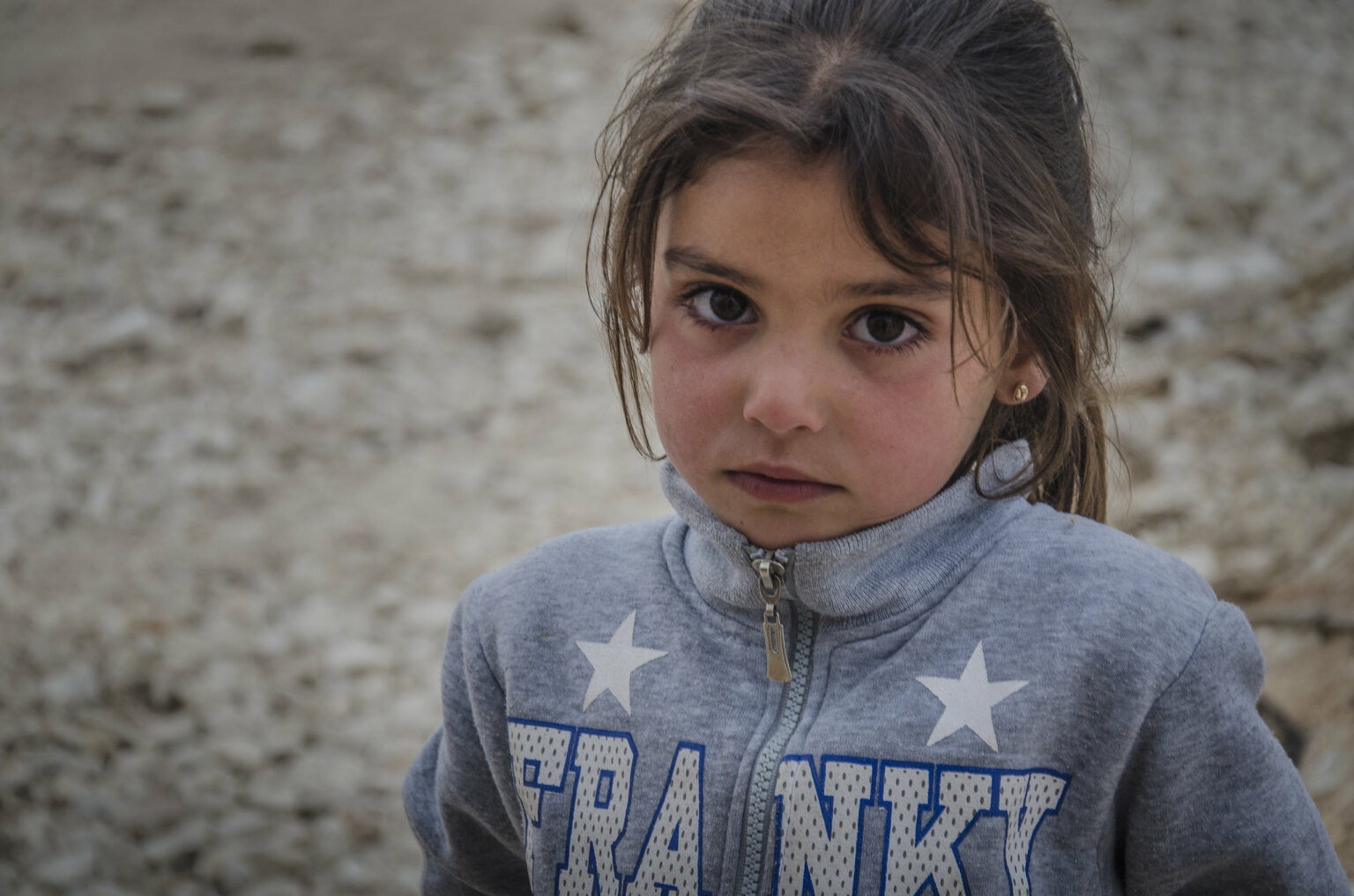- About
- Topics
- Picks
- Audio
- Story
- In-Depth
- Opinion
- News
- Donate
- Signup for our newsletterOur Editors' Best Picks.Send
Read, Debate: Engage.
| topic: | Women's rights |
|---|---|
| located: | Qatar, Germany, Netherlands, United Kingdom, Spain |
| editor: | Abby Klinkenberg |
As the Women’s EURO 2022 football tournament ramps up across England, it is tempting to get caught up in the fact that the tournament has come a long way since its inception in 1984. The 1984 final between England and Sweden was attended by a mere 8,229 spectators across both legs; in contrast, this year’s final, to be played on 31 July, 2022, will be played in front of a sold-out crowd of 87,200. In total, over 500,000 tickets have been sold for this year’s competition - more than double the 240,000 sold over the course of the Women’s EURO 2017 tournament held in the Netherlands. Over 250 million people are expected to tune in to the tournament’s broadcasts around the world as it strives to “inspire a generation” of young women. While EURO 2022 certainly marks progress in terms of the professionalisation of and viewership for women’s football, a few political angles have fallen under the radar as the media machine hypes up the tournament’s successes.
While the US women's national soccer team made headlines earlier this year for brokering an agreement with US Soccer to ensure equal pay between men’s and women’s national teams, not every country is pursuing the same goal. Germany has emerged as one of the countries determined to maintain its policy of unequal pay for its men’s and women’s national football teams. Despite boasting the most illustrious record of all national teams (winning 8 of 12 women’s EURO tournaments), Germany is firmly rooted in the past. While the German men’s team competed for a €400,000 bonus in last year’s EURO 2020 tournament, the German women will play for a pot of €60,000. Despite this unseemly discrepancy, the latter bonus is “offering the most prize money to its players” among the 16 teams competing.
While Germany has “refused to introduce an equal-pay agreement” despite increasing pressure to do so, the rest of the continent seems to be trending towards gender parity. Recently, Spain committed to treating men’s and women’s national teams equally in terms of pay and travel conditions while the Netherlands has initiated a policy of equal bonus structures between men’s and women’s teams with equal pay to be instituted in 2023. Switzerland has also guaranteed equal bonuses with this tournament. Between 2017 and 2020, Denmark, Finland, Norway and the UK ensured equal pay for their men’s and women’s national football teams.
In terms of queer representation, many of the women playing for their national teams in the EURO 2022 tournament are open about their LGBTQ+ identities. By one count, of the 368 players competing in the women’s EURO 2022, at least 38 are out and proud queer women (over 10 percent). In contrast, it was only in May of this year that Jake Daniels of Blackpool came out as gay - he is the “first active male professional footballer to come out publicly” in UK competition. As queer representation in women’s football continues to set the bar for equality, controversy continues to whirl around the upcoming men’s World Cup 2022, which will be held in Qatar, where homosexuality is explicitly illegal.
Finally, there is the crucial matter of (the lack of) diversity in women’s football. On 6 June, England trotted out its all-white starting XI for its opening match against Austria. All three of the team’s substitutions that game were also white. The lack of ethnic diversity among women footballers is particularly notable in England, where only 29 of the 300 players who participate in the UK’s Women’s Super League are from a “diverse ethnic background.” This proportion of 9.7 percent is shockingly low compared to the same figure in the men’s English Premier League, where 43 percent of players identify as Black and an even greater percentage can be considered to have a “diverse ethnic background.” Of the 23 players selected to compete for England in the women’s EURO 2022 tournament, only 2 (9 percent ) are "ethnically diverse" - compared to 11 (48 percent) of the men selected to compete for England as part of last year’s men’s EURO tournament.
While women’s football in Europe has certainly made strides in terms of marketability and queer representation since its first EURO competition in 1984, the dimensions of equal pay and diversity of ethnic representation still lag behind the standards set by their male counterparts. As the world continues to watch the competition unfold through the end of July, we should celebrate the advancements while keeping in mind the very real challenges ahead as we work towards equity and parity in women’s sport.
Photo by Bence Balla-Schottner

